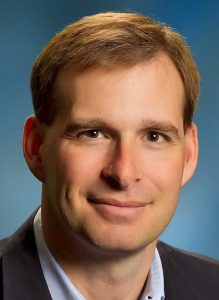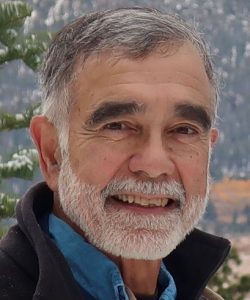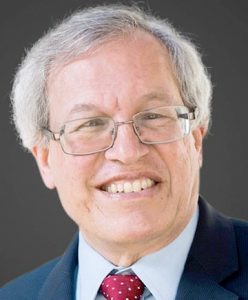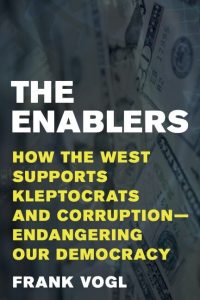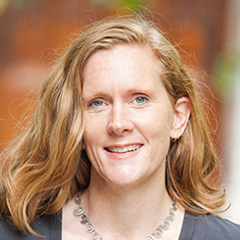EP 529 How Did America Leave the Miss America Competition Behind?

In its heyday, the Miss America pageant could attract nearly three quarters of those watching television at that time. It was considered the first reality show and had become the focal point of community life for many young girls entering competitions in places far and wide in hopes of having a chance to compete on the stage in Atlantic City. Today, as the brand fades, it is worth looking back to find out what happened in the context of the changing role of women, reality programs on television and in the culture itself. In her deeply reported book, ‘There She Was: The Secret History of Miss America’, Amy Argetsinger, an editor for the Washington Post Style section, brings a true pageant enthusiast’s eye to the subject, while at the same time critically examining the convulsive changes in our society around gender, race, feminism and beauty that now confront the sisterhood of Miss America in its struggle to survive. If you wonder what happened and how it was ever a true cultural phenomenon for such an uncharacteristically long sweep of time, this podcast describes the complexities surrounding this American institution.
Podcast: Play in new window | Download

